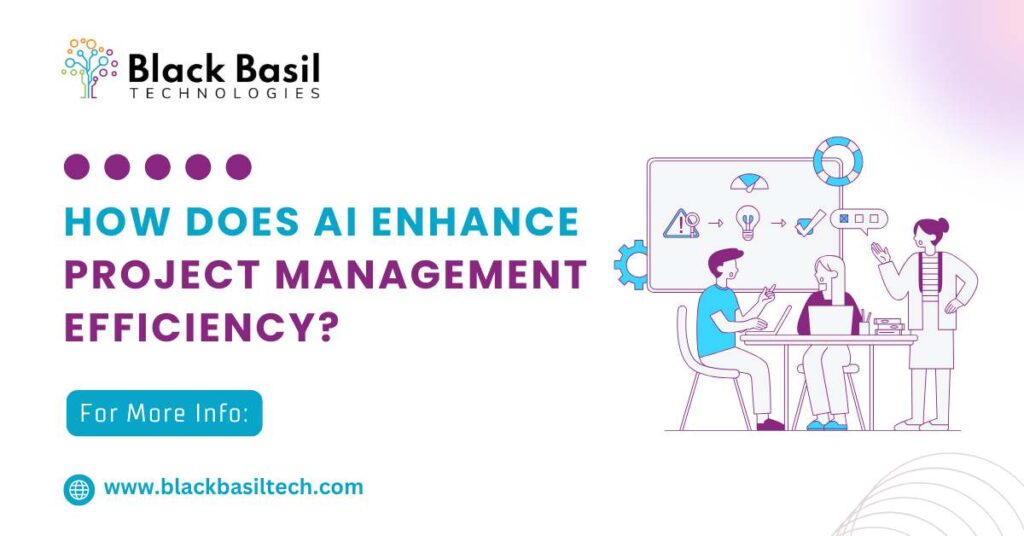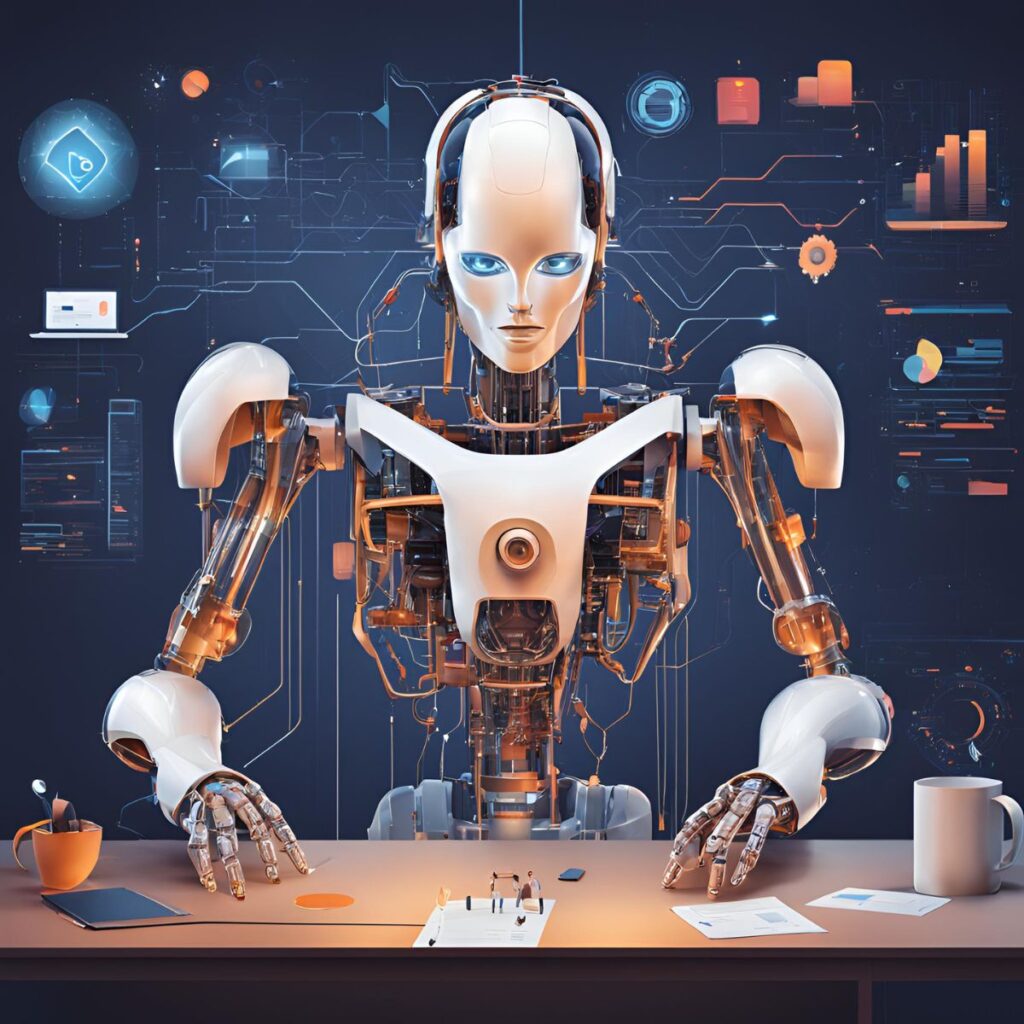
Introduction to AI Project Management
What is AI Project Management?
Management of projects through artificial intelligence technologies is synonymous with AI project management which involves the use of AI in the management of tasks, resources, and timeframes organized within a project. To facilitate the activities and processes of the initial project and gain possibilities of manual work as well as the aid in spectra of decision-making, the company, therefore, displays the following categories: the ability to learn from the past events, the actions and the results of such events; data analysis and analytics; and, automation.
Unlike traditional methods, AI project management uses up-to-the-minute information to develop a predictive plan, supply the necessary resources to the areas of most need, and guarantee the projects follow a defined schedule.
How AI Transforms Traditional Project Management
Benefits of AI in Project Management
Enhanced Decision-Making
Increased Efficiency and Productivity

Improved Resource Allocation
Real-time Risk Assessment and Mitigation
Key AI Tools for Project Management
AI-Powered Scheduling Tools
Predictive Analytics Software
Collaboration and Communication Tools
Applications of AI in Project Management
Automating Routine Tasks
Forecasting Project Outcomes
Optimizing Team Performance
Challenges in AI Project Management
Data Privacy and Security Issues
Resistance to Change
Integration with Existing Systems

Challenges in AI Project Management
Start with a Clear Strategy
Train Your Team
Leverage Feedback Loops
Case Studies of Successful AI Project Management
AI in IT Project Management
AI in Construction Project Planning
The Future of AI in the Novel Project Management
Developing Trends
AI and Agile Project Management
Final Thoughts
Hello

